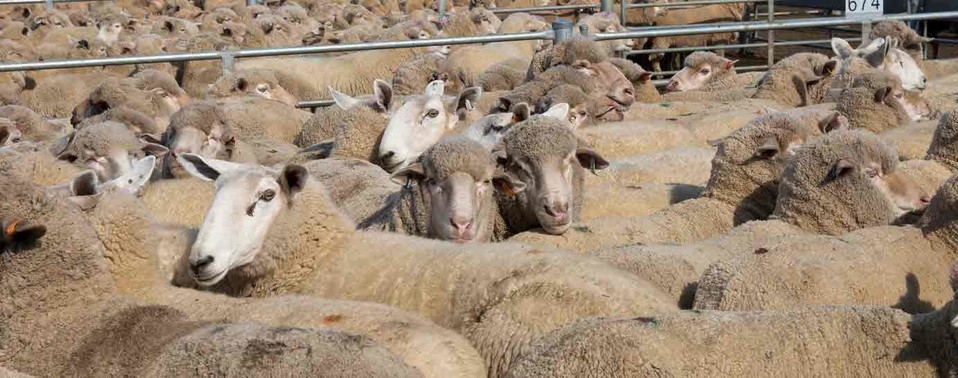Vets call for greater transparency to ensure on-board animal welfare
27 Apr 2018
AVA President, Dr. Paula Parker, said that while the Department of Agriculture and Water Resources (DAWR) described the recent footage as deplorable and unacceptable, it has not made it clear how additional measures will be applied on future voyages, including on at least one vessel that has since left for the Middle East from the Fremantle Port.
“It’s essential the government doesn’t wait for the McCarthy Review to be completed before starting to implement changes that are necessary to improve animal health and welfare outcomes on live export voyages.
“We’re disappointed that DAWR has not been transparent regarding their plans for immediate improvement.
“We are also urging the industry to put the health and welfare of animals first at all stages of the livestock export chain and to demonstrate a commitment to this objective to the Australian community.
“We urge the industry to put the health and welfare of animals first at all stages of the livestock export chain and to demonstrate a commitment to this objective to the Australian community.
“Industry has acknowledged the need for change. It is essential that the live export industry implements substantial proactive changes immediately and makes these changes transparent to the community.
It is the responsibility of the industry and the regulator to demonstrate to the community that the continuation of the trade and ensuring animal welfare are not mutually exclusive,” Dr. Parker said.
The AVA policy on live export states:
Ideally, Australian food animals should be slaughtered as close to the site of production as practicable to minimise transport and handling stress, and to ensure they are protected by appropriate and enforceable animal welfare and slaughter standards.
Where live export occurs, an Australian-registered shipboard veterinarian must accompany each shipment and this veterinarian must be independent and thus not employed by either the exporting company or the shipping company. Pregnancy testing of animals for export must be performed by an Australian-registered veterinarian.
Effective operational protocols must be in place at all times to safeguard the welfare of exported animals. These protocols must ensure humane animal transport, handling and slaughter practices in accordance with best practice; and include accreditation of abattoirs, training of employees and the implementation of an independent animal welfare auditing process.
Animals should not be subjected to prolonged land transport prior to exportation.
For further information and requests for interviews contact the AVA media office on 0439 628 898 or media@ava.com.au.
The Australian Veterinary Association (AVA) is the only national association representing veterinarians in Australia. Founded in 1921, the AVA today represents 9000 members working in all areas of animal science, health, and welfare.
